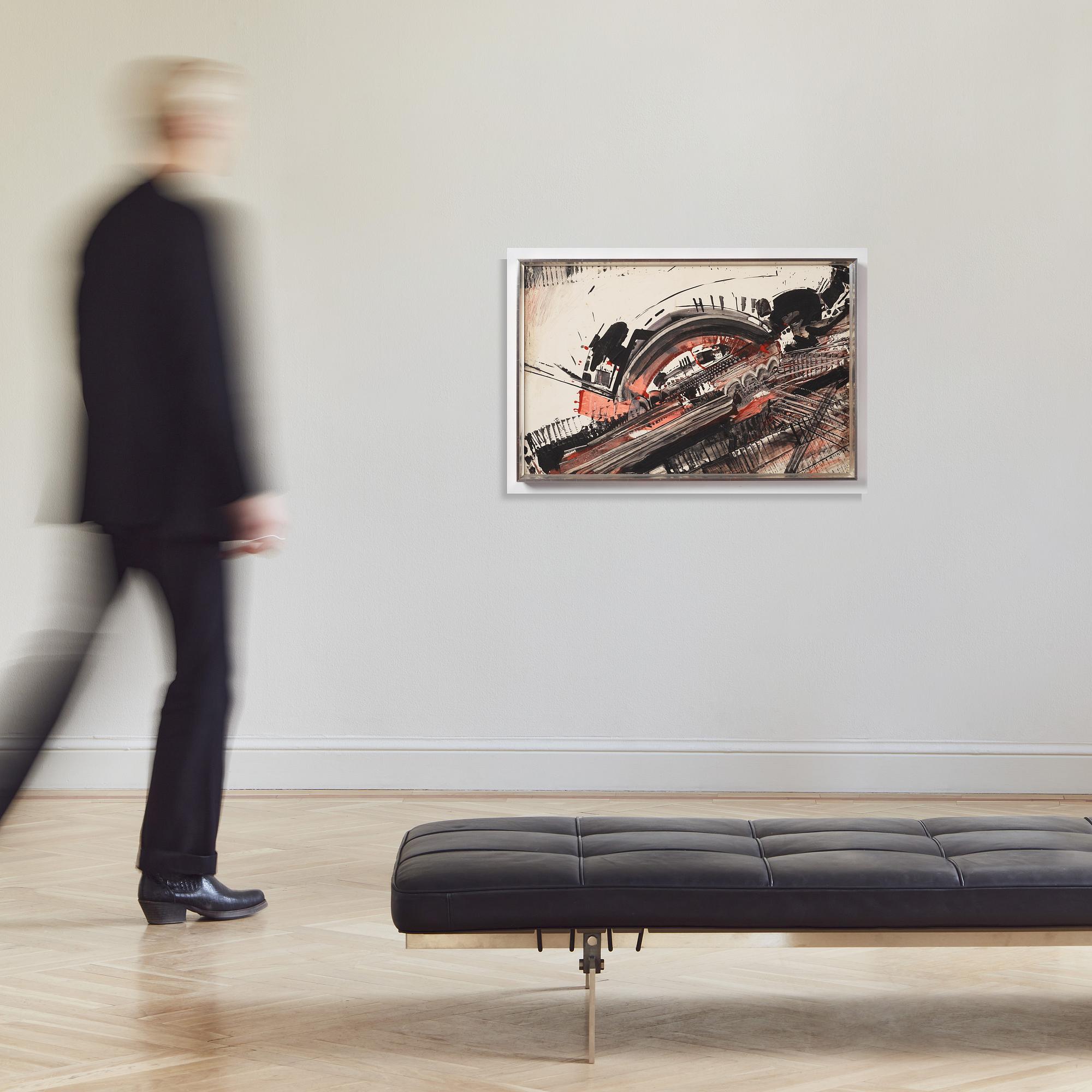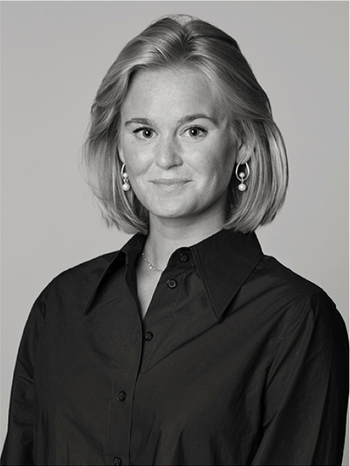K. R. H. Sonderborg
Untitled
Signed Sonderborg and dated -67. On the label on the reverse dated 23. VII. 67. Tempera on paper mounted on canvas 70 x 110 cm.
Alkuperä - Provenienssi
Galerie Daniel Gervis, Paris.
Lennart Wallenstam, Gothenburg.
Private Collection, Gothenburg. Acquired from the above by the present owner.
Muut tiedot
Kurt Rudolf Hoffmann was born in Sonderborg, Denmark in 1921. He began his artistic studies in 1946 when he moved to Hamburg and became a private pupil of the painter Ewald Becker-Carus. From 1947 to 1949 he studied painting, graphics and textile design at the State Art School in Hamburg under Willem Grimm and Maria May. In 1951 he renamed himself K.R.H. Sonderborg, after the town of his birth, and a few years later joined the artist group Zen 49. In the same year, Sonderborg traveled to Paris where he was trained in engraving by Stanley William Hayter at Atelier 17. Paris was also the place where he first came into contact with Tachism. In the following years he traveled extensively and worked for a time in London, Cornwall, New York, Ascona, Rome and again in Paris. It was in New York that he came into contact with Action Paintings. Sonderborg was strongly inspired by American Abstract Expressionism, which was reflected in a fascination with technical constructions and their traces of movement.
Sonderborg used a spontaneous application of color. In this way he created a dynamic structural system. His brushstrokes were rather spontaneous movements, executed in rapid gestures, and the recurring colors were black and white with red elements.
From the 1970s onwards, his work moved more and more towards a controlled, almost representational, idiom.
Sonderborg remained true to his love of technical constructions, where the graphic structure of windshield wipers and overhead lines inspired him as much as harbor cranes or gas tanks.







































































